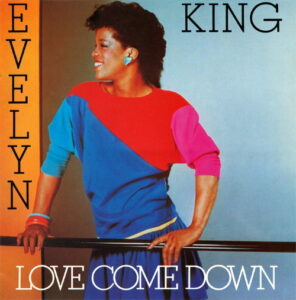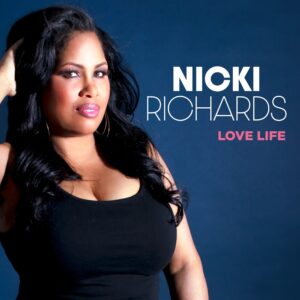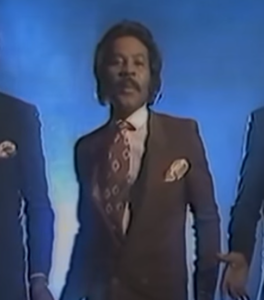By any measurement Vivian Green has the whole package. A songwriter and singer since she was an early teen, at age 25 Green has the voice, the songwriting skills and the looks to be a major star. However, she has yet to apply her considerable talents into a uniformly satisfactory package.
A Philadelphia native, Green paid her dues as a background singer for Jill Scott before being signed as a solo singer by Columbia Records in 2003. For her debut, A Love Story, Green followed her mentor Scott’s penchant for intelligent, personal lyrics (though almost exclusively about troubled personal relationships) and combined them with modern R&B and jazz elements that made the album more interesting than the slew of other female neo-soul albums that were released that year. And though the album was of uneven quality, her hot single “Emotional Rollercoaster” and her willingness to experiment with varied musical styles made her an artist to watch and one who appeared to have the ability to further differentiate herself from the pack in subsequent releases.
Unfortunately, it appears that a completely different Vivian Green has released her sophomore album, Vivian. From the come hither cover picture to the bikini top photo on the inside sleeve, the message sent appears to be that Vivian Green the artist is consciously being subordinated to Vivian Green the sex symbol. While Green is strikingly beautiful (and I think I speak for all men who have seen the album cover when I say “Wow”), there is something disappointingly calculated about the change in focus. And the narcissistic approach taken in the packaging of the album flows through to the lyrical content, which is, like its predecessor, generally well written but is even more egocentric. Green again spends the vast majority of the album singing about her side of love gone sour, but with a repetitive level of self-absorption that simply makes it less interesting this time around. Putting the lyrics aside, the real shortcoming here is that the jazz and soul musical elements that distinguished A Love Story have been removed on Vivian, resulting in a pretty typical Neo-Soul album, save two nice uptempo cuts, the strong “I Like It (But I Don’t Need It)” and the first single, “Gotta Go Gotta Leave.”
I still believe that Vivian Green has the potential to become a memorable, meaningful singer, but Vivian is a step backward artistically. It may be packaged the right way to sell more CDs this time around, but it unfortunately downplays the risk-taking and versatility that was most compelling about Green as a young artist.
By Chris Rizik










